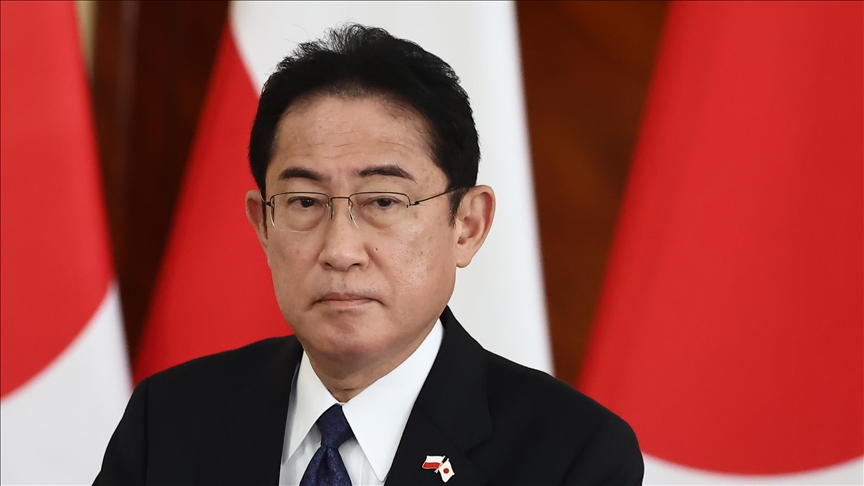ANKARA
Japanese Prime Minister Fumio Kishida refused to meet the former Chinese ambassador to Tokyo before he left last month, an unusual move but shows the level of strain in bilateral relations, local media reported on Saturday.
Ambassador Kong Xuanyou, who left Tokyo last month, had requested an in-person farewell meeting with Kishida in January, but his office declined to cite a “schedule conflict,” according to Kyodo News Agency.
Several of Kong’s predecessors met with the Japanese prime minister to bid farewell, but Kishida broke with tradition in light of worsening public sentiment amid Chinese vessels’ repeated entry into waters near the Tokyo-controlled Senkaku Islands and previous flights of suspected Chinese spy balloons over Japan, the news agency reported, citing unnamed sources.
China claims the Senkaku Islands, referring to them as the Diaoyu Islands.
It happened for the first time since 2007 that any Chinese diplomat departed without a farewell meeting with the prime minister.
However, Foreign Minister Yoshimasa Hayashi met with the outgoing ambassador, but his office did not make the meeting public, according to the news agency.
While resuming security talks after a four-year hiatus, the two countries blamed each other for increased military activity last month.
China’s Vice Foreign Minister Sun Weidong during the meeting in Tokyo warned Japan against making “negative moves” towards Taiwan “in collusion with powers outside the region.”
According to Japan’s new updated security strategy, China is the “greatest strategic challenge,” North Korea is a “graver, more imminent threat than before,” and Russia is a “serious security concern.”
Following the US shooting down a Chinese balloon on Feb. 4, reigniting tensions between the two countries, Tokyo also claimed to have spotted a suspected Chinese object flying near its airspace in previous years.
While Japan has also authorized its defense forces to use weapons against any flying object that enters its airspace in the future.

